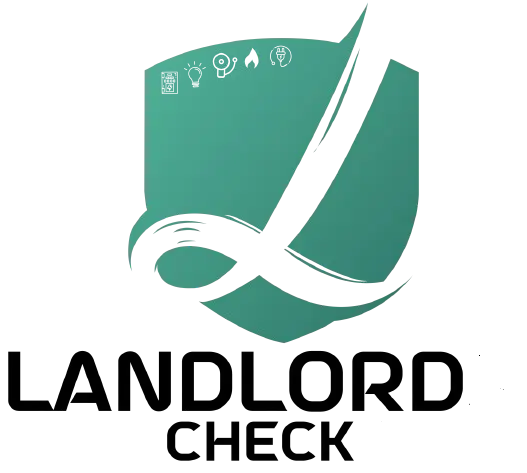EICR Report: Understanding Your Property's Electrical Condition
An EICR report, or Electrical Installation Condition Report, is a crucial document that provides a comprehensive assessment of the safety and condition of the electrical installations within a property. Whether you are a landlord needing to comply with regulations or a homeowner wanting to ensure the safety of your family, understanding your EICR report is essential. This guide will explain what an EICR report entails and why it’s so important.
The purpose of an EICR report is to identify any potential electrical hazards, defects, or areas of non-compliance with the current electrical safety standards (BS 7671). A qualified and registered electrician conducts a thorough inspection of the electrical system, including wiring, sockets, light fittings, and the consumer unit. Following the inspection, the findings are documented in the EICR report, which serves as a formal record of the electrical installation’s condition at the time of the inspection.
An EICR report contains several key sections. It will detail the extent and limitations of the inspection, the test results obtained, and any observed damage or deterioration. Crucially, the report will classify any identified issues using a system of codes. These codes indicate the severity of the problem and the urgency of any necessary remedial work. The main classification codes you’ll find in an EICR report are Code C1: Danger present. Risk of injury. Immediate remedial action required. This indicates a fault that poses an immediate danger to life or property. Code C2: Potentially dangerous. Urgent remedial action required. This signifies a fault that could become dangerous if not addressed promptly. Code C3: Improvement recommended. This highlights issues that, while not currently dangerous, could lead to problems in the future or do not meet current regulations. Further Investigation (FI): This indicates that further examination is needed to determine the nature and extent of a potential issue.
Understanding these codes in your EICR report is vital. Codes C1 and C2 indicate that immediate or urgent action is required to make the electrical installation safe. Failure to address these issues can have serious consequences. Code C3 items are recommendations for improving safety and compliance, while an FI suggests that further investigation is needed to understand a potential problem fully.
For landlords in the UK, an EICR report is a legal requirement. They must ensure that their rental properties have a valid EICR and that any necessary remedial work is carried out within the specified timescales. This is crucial for the safety of their tenants and for compliance with the Electrical Safety Standards in the Private Rented Sector (England) Regulations 2020. Homeowners, while not under the same legal obligation, benefit greatly from having an EICR report to ensure the safety of their electrical systems and to identify any potential problems before they become hazardous or costly to repair. An EICR report provides a clear picture of the electrical health of your property.
Following the receipt of your EICR report, it’s essential to take the recommended actions. If the report indicates any C1 or C2 coded items, you should arrange for a qualified electrician to carry out the necessary repairs immediately. Addressing C3 items is advisable to improve safety and prevent future issues. If the report recommends Further Investigation, you should arrange for this to be done to determine the appropriate course of action. To obtain a professional EICR report for your property, you can contact qualified electricians through services like EICR Report Services.

Fire Risk Assessment

Gas Safety Certificate
Gas Safety Certificate – Domestic – Meter & Upto 2 appliances
£57.99 Book NowGas Safety Certificate – Domestic – Meter & Upto 4 appliances
£77.99 Book NowCarbon Monoxide Alarm
£80 Book NowGas Safety Certificate – Domestic – “Discounted Offer” Boiler Service + Gas Certificate & 2 appliances
£89.99 Book NowGas Safety Certificate – Commercial – 1 appliance
£199 Book NowGas Safety Certificate – Commercial – 2 appliances
£245 Book NowGas Safety Certificate – Commercial – Boiler Service
£280 Book Now

Electric Safety
Studio Appartments Electrical Safety Certificate (EICR)
£65 Book NowPAT Testing Up To 10 Items
£58 Book NowDomestic Electrical Safety Certificate EICR 1 – 3 Bedroom – 1 Consumer Unit Up to 12 Circuits
£99 Book NowDomestic Electrical Safety Certificate EICR 4 Bedrooms – 1 Consumer Unit Up to 12 Circuits
£120 Book NowCommercial Electrical Certificate (EICR) – 1 Consumer Unit Up to 12 Circuits
£149 Book NowDomestic Electrical Safety Certificate EICR 5 Bedrooms – 1 Consumer Unit Up to 12 Circuits
£150 Book NowDomestic Electrical Safety Certificate EICR 6 Bedrooms – 1 Consumer Unit Up to 12 Circuits
£158.33 Book NowFuse Box Installation
£415.83 Book Now

Energy Performance

Inventory Services

Asbestos Surveys

Electric-Gas Appliances & Hob Installations

Talk To Us!
Get in touch if you're uncertain or need assistance ?
020 8609 7777
Talk to a Friendly Advisor
Accreditations

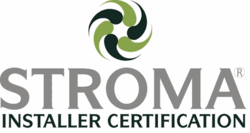


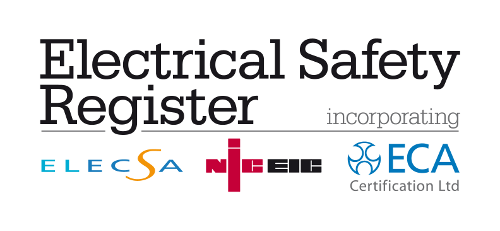
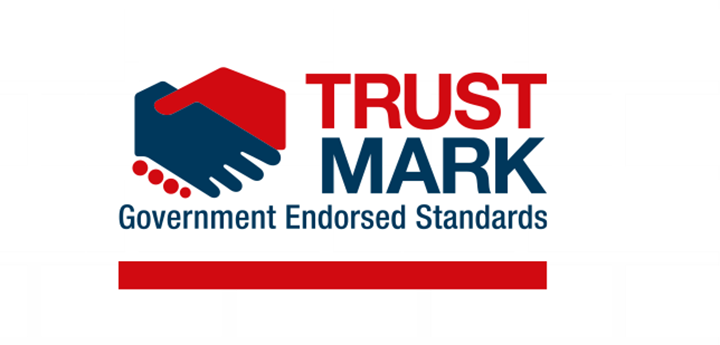
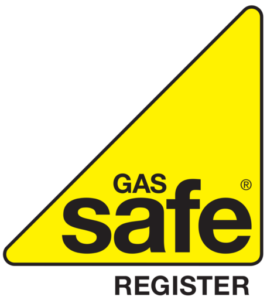
Help & Advice
-
How Much Does It Cost to Service a Boiler in the UK?
Maintaining your boiler through regular servicing is essential for safety, efficiency, and compliance with landlord responsibilities. Understanding the costs involved helps property owners and tenants budget appropriately while ensuring their
-
Understanding Energy Performance Certificates: Importance and New Rules for Landlords in the UK
What is an Energy Performance Certificate (EPC)?An Energy Performance Certificate (EPC) is a crucial document that assesses the energy efficiency of residential and commercial properties in the UK. The main
-
Understanding Fire Risk Assessment in London for Landlords: A Comprehensive Guide
Introduction to Fire Risk AssessmentA fire risk assessment is a systematic evaluation designed to identify potential fire hazards within a property and assess the risks they pose, ultimately ensuring the
-
Why EPC Rules Matter — And What Landlords Should Do Now
The evolving regulatory landscape for Energy Performance Certificates (EPCs) in England and Wales is at a pivotal moment, with landlords facing substantial risks and opportunities. In this blog, we’ll break
-
Housing Regulator Uncovers Serious Safety Failings in Brent Council — What London Landlords Can Learn
The Regulator of Social Housing (RSH) has recently identified serious failings in Brent Council’s performance as a landlord — findings that should serve as a stark warning to property owners
-
 How Much Does It Cost to Service a Boiler in the UK?
How Much Does It Cost to Service a Boiler in the UK?
-
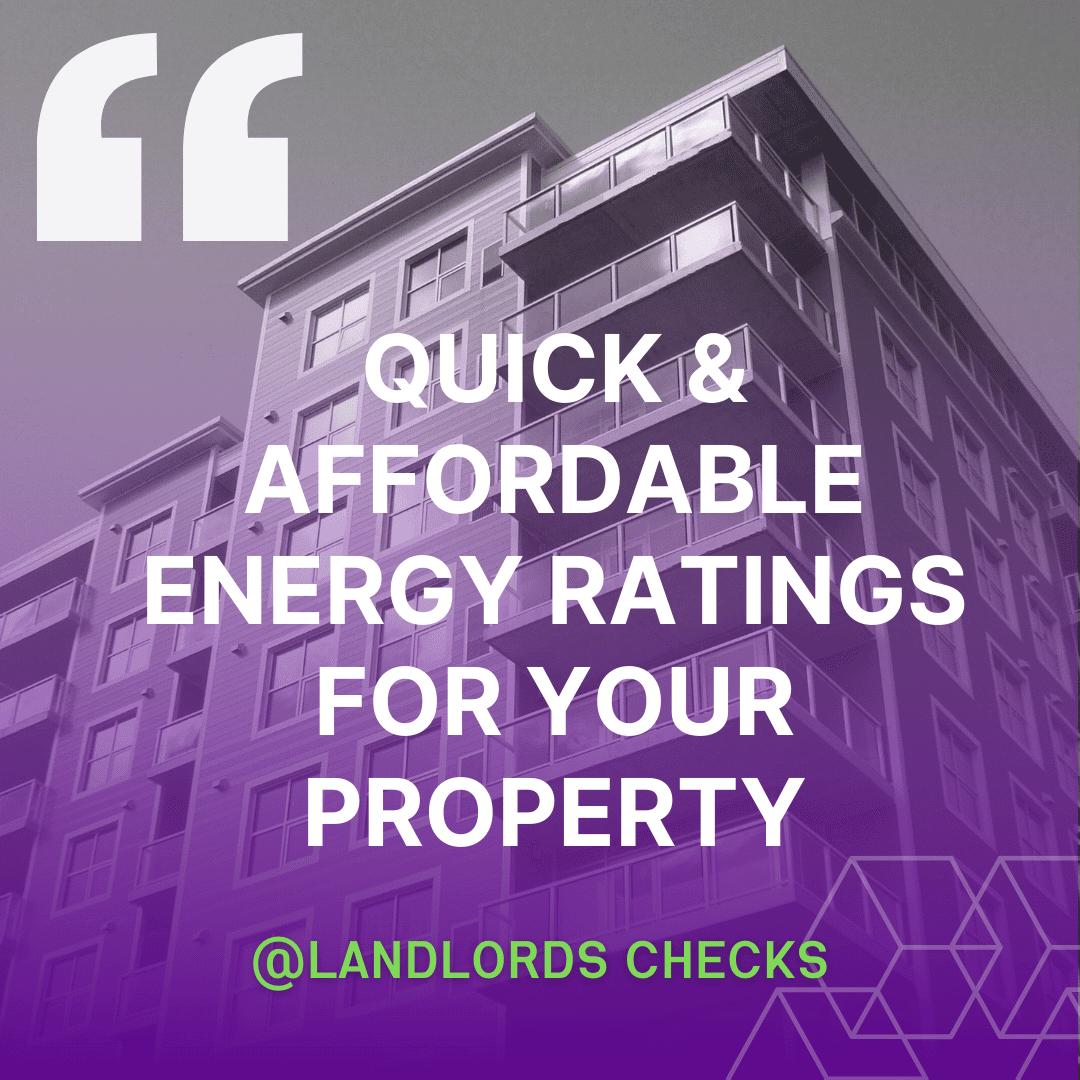 Understanding Energy Performance Certificates: Importance and New Rules for Landlords in the UK
Understanding Energy Performance Certificates: Importance and New Rules for Landlords in the UK
-
 Understanding Fire Risk Assessment in London for Landlords: A Comprehensive Guide
Understanding Fire Risk Assessment in London for Landlords: A Comprehensive Guide
-
 Why EPC Rules Matter — And What Landlords Should Do Now
Why EPC Rules Matter — And What Landlords Should Do Now
-
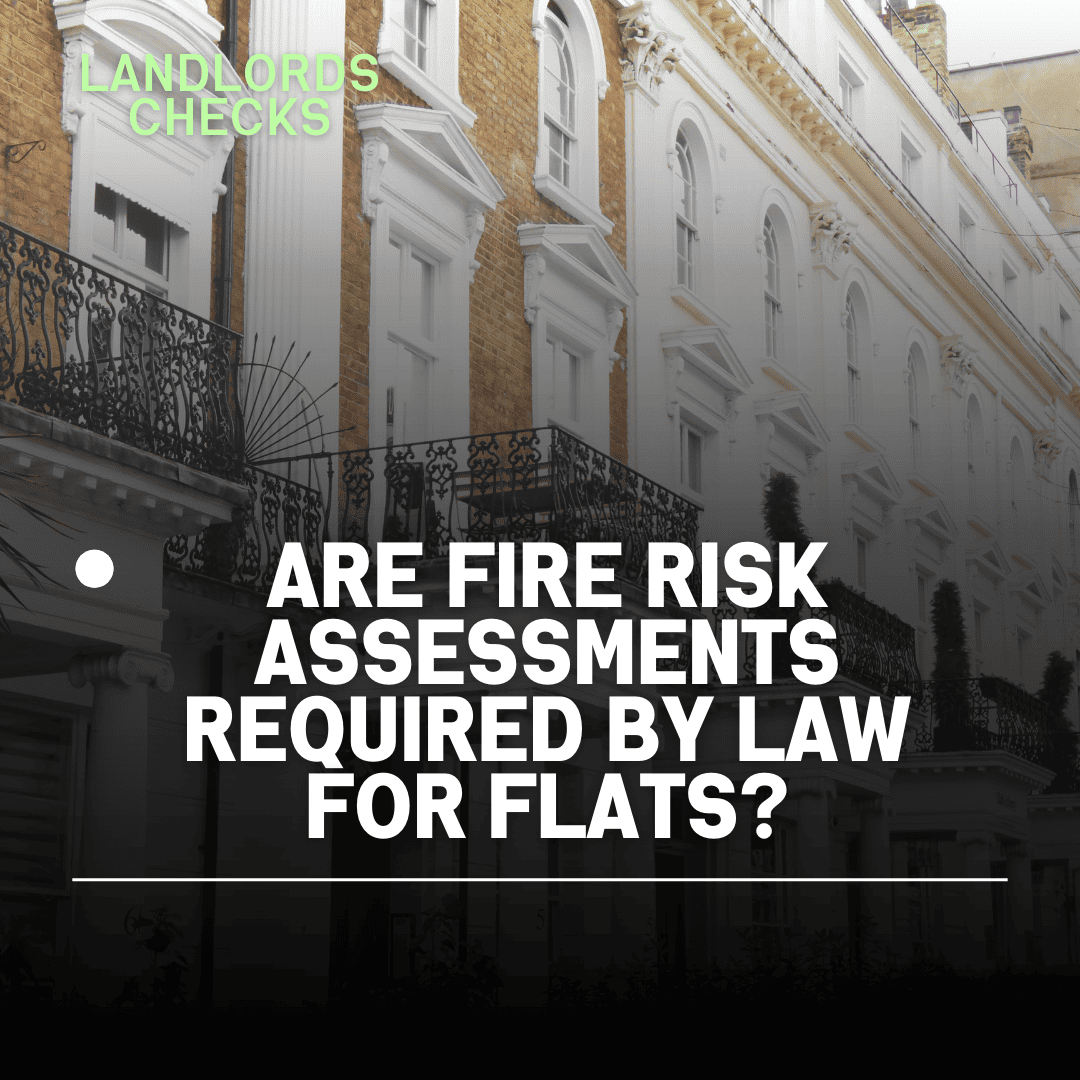 Housing Regulator Uncovers Serious Safety Failings in Brent Council — What London Landlords Can Learn
Housing Regulator Uncovers Serious Safety Failings in Brent Council — What London Landlords Can Learn



